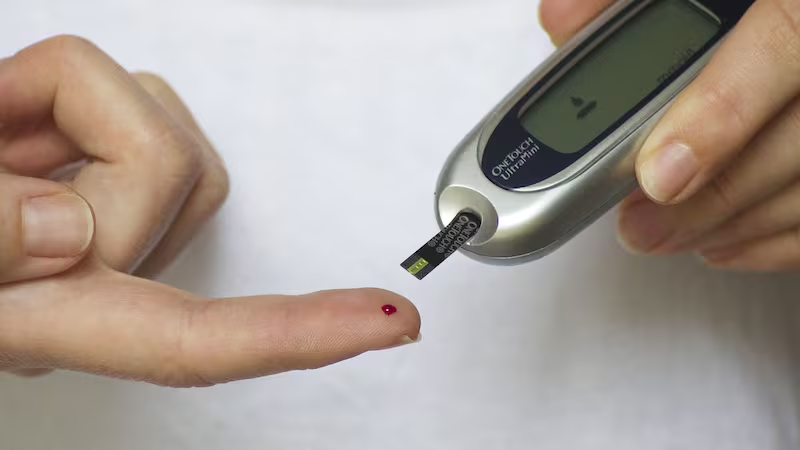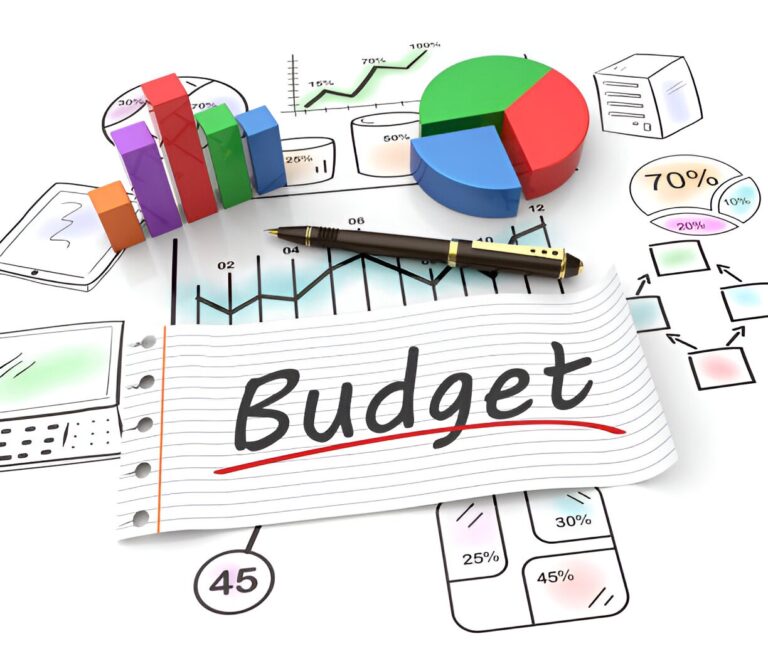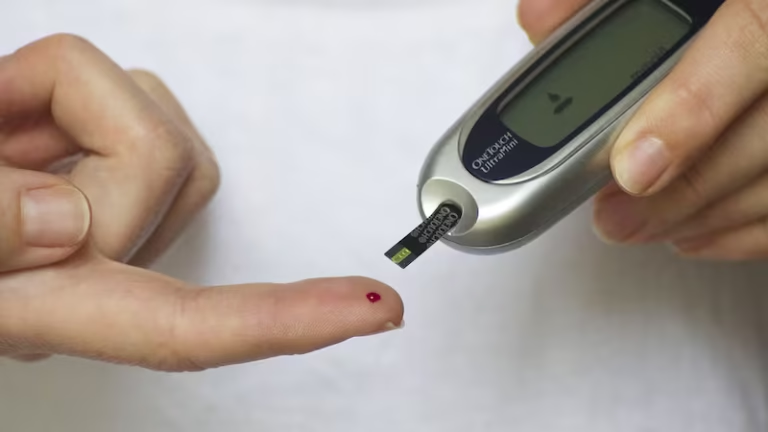
In recent years, selling unused diabetic test strips has become a simple and effective way for people to earn extra money while helping others access affordable medical supplies. Millions of Americans rely on glucose test strips to manage their diabetes, yet many end up with unopened boxes that go unused for various reasons. Instead of letting these supplies expire or go to waste, individuals are discovering that they can legally and safely sell their test strips for cash. Understanding how to do this properly ensures both profit and peace of mind.
Why People Have Extra Test Strips?
There are several reasons why people end up with extra test strips. Sometimes a person’s testing routine changes after switching meters or adjusting their diabetes management plan. Others receive a surplus from insurance or by mail order and cannot use them all before they expire. In some cases, individuals who have lost a loved one may find unopened boxes of test strips that are no longer needed. Regardless of the reason, these unused supplies can still hold significant value if they are unexpired, sealed, and in good condition.
How Selling Test Strips Helps Others?
Selling unused diabetic test strips not only brings extra income but also supports others who cannot afford the high retail prices of medical supplies. Many people without insurance or with limited coverage depend on secondary markets to purchase strips at a lower cost. By selling your extras, you are helping make diabetes management more accessible while ensuring your supplies do not go to waste. This creates a beneficial cycle where sellers earn money and buyers get affordable tools for their health needs. If you are looking to earn More Cash For Test Strips, make sure to sell only sealed, unexpired boxes to trusted buyers who offer fair market value and secure transactions.
The Legality And Safety Of Selling Test Strips
It is perfectly legal to sell diabetic test strips as long as they were obtained through legal means and are not marked for Medicare or Medicaid recipients. Boxes that say “not for resale” or have been provided by government programs cannot be sold. It is important to verify that the strips are unopened, sealed, and not expired. Selling to reputable buyers or platforms ensures the process is transparent and compliant with all regulations.
Before selling, always research the company or individual purchasing your strips. Check reviews and look for verified contact information. Legitimate buyers will clearly list what brands they accept, what conditions the boxes must meet, and how payments are handled. Avoid anyone who asks for personal medical information or offers suspiciously high prices, as this could indicate a scam.
Steps To Sell Your Test Strips Safely
The process of selling your diabetic test strips is simple when done properly. First, sort through your supplies and select only those that are unopened, unexpired, and in original packaging. Most buyers will not accept boxes with damaged seals, crushed corners, or removed labels.
Next, research online platforms or local buyers that specialize in purchasing diabetic supplies. Reputable websites will often provide prepaid shipping labels to make the process convenient. Once the strips are received and inspected, payment is typically sent through your preferred method, such as PayPal, direct deposit, or check. Always keep a record of your transactions for your own reference.
Another safe option is selling directly to verified buyers in your community. Some people prefer this route because it allows for faster payments and personal communication. However, make sure to meet in safe, public places if conducting an in-person exchange.
How To Maximize Your Profit?
Getting the most cash for your test strips depends on a few key factors. The brand, expiration date, and condition of the packaging all influence the payout. Popular brands like OneTouch, Accu-Chek, and Freestyle tend to sell for higher prices because of their high demand. Boxes that are sealed and have expiration dates at least six months away are more valuable.
Selling in bulk can also increase your overall profit. Some buyers offer bonuses for larger quantities or repeat sellers. Keeping your boxes stored in a cool, dry place helps maintain their quality and ensures they meet buyer standards.
Ethical And Environmental Benefits
Selling your unused diabetic test strips is not only profitable but also environmentally responsible. Instead of letting these supplies end up in landfills, reselling them allows for redistribution to people who truly need them. It promotes sustainability while helping bridge healthcare affordability gaps. This act of recycling medical resources benefits both your wallet and your community.
Conclusion
Selling unused diabetic test strips is a practical and ethical way to boost your income while helping others manage their health more affordably. By understanding the legal requirements, choosing reputable buyers, and ensuring product quality, you can safely turn your extra supplies into a reliable source of profit. With careful handling and responsible selling, you are not only earning money but also contributing to a cause that supports those in need of vital diabetic care.






